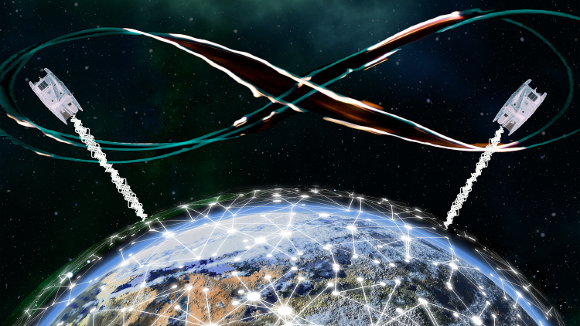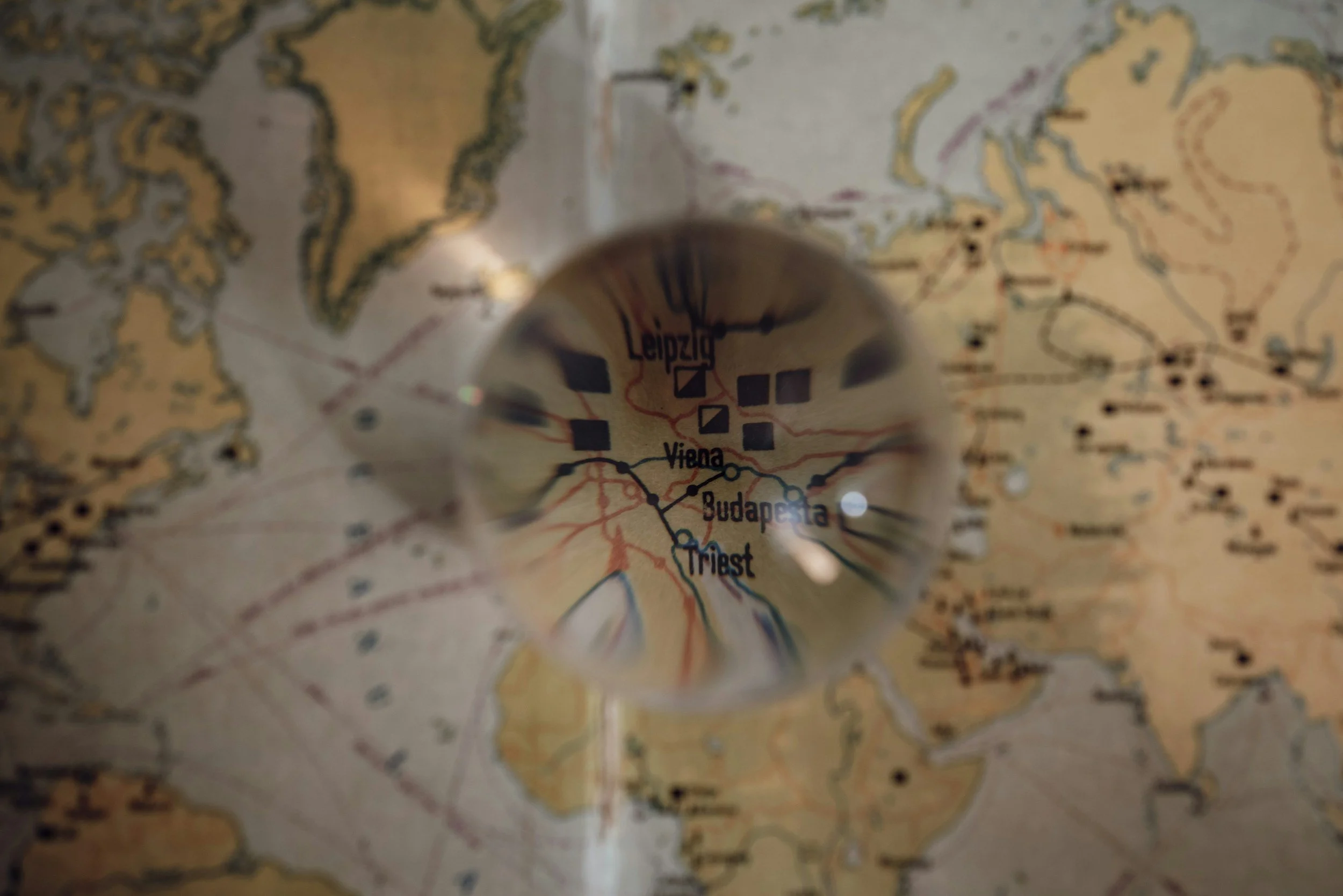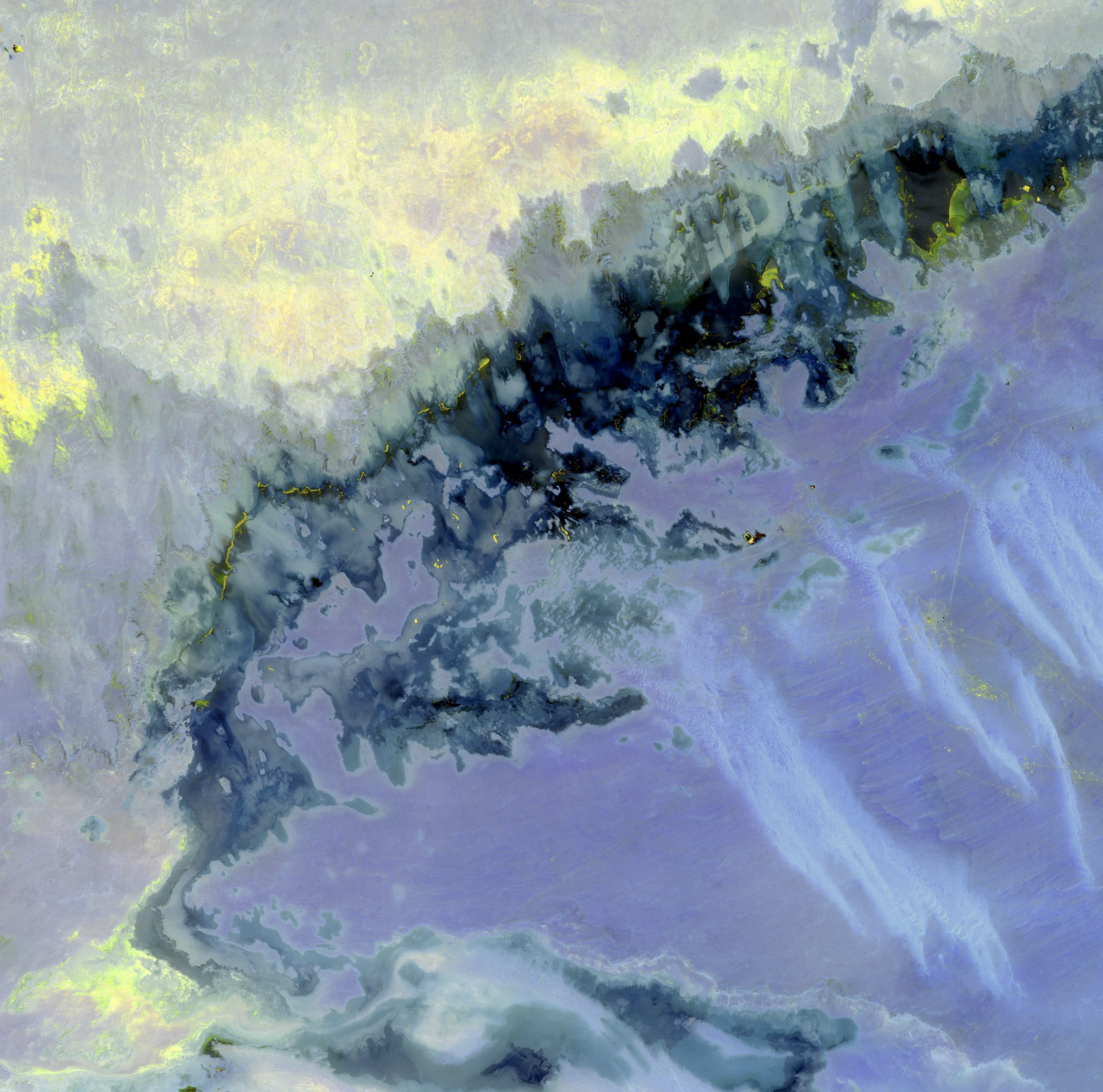
Informed by experts & real need – areas of focus that define the current state of Science Diplomacy.
Science Diplomacy
Science Diplomacy in the 21st Century: A Strategic Tool for a Fragmented World
Science diplomacy bridges global challenges and international cooperation, empowering scientists and policymakers to work together for a more connected, resilient world.
Nobel Laureates & Science Diplomacy
Nobel Laureates that span numerous generations, scientific discoveries, and cultural trends explore how science transcends borders, opening doors for diplomacy and global cooperation, and the role of science in building a more connected and peaceful world.
Scientific Advice in Government
Scientific expertise can inform government decisions and shape international policy. Advisory councils, chief science advisors, and international panels navigate political contexts, communicating uncertainty, and building trust across disciplines and borders.
Quantum Information Science and Technology (QIST)
Quantum Computing
Quantum computing is quickly moving from theory to reality, with the power to transform fields like medicine, finance, and national security. As its capabilities grow, the world must work together to ensure its benefits are shared fairly and responsibly.
Quantum Sensing
Quantum sensing harnesses the unique behaviors of quantum mechanics to measure physical phenomena such as gravity, magnetic fields, and time with extreme precision. Unlike traditional sensors, these devices can detect incredibly small changes, making them valuable for applications in science, healthcare, navigation, and infrastructure.
Quantum Communication
Quantum communication uses the principles of quantum physics to enable ultra-secure data exchange that’s virtually immune to hacking. Through Quantum Key Distribution (QKD), any attempt to intercept the communication is instantly detectable, making it a groundbreaking leap in cybersecurity.
Space Science & Diplomacy
Space Traffic Management
As Earth’s orbit becomes increasingly congested with satellites, spacecraft, and debris, managing space traffic is essential to prevent collisions and ensure long-term sustainability. International Space Traffic Management (STM) involves global collaboration to coordinate the safe, secure, and responsible use of outer space.
Climate Monitoring & Earth Observation
Climate Monitoring and Earth Observation (CMEO) are essential tools in understanding our planet’s dynamic systems. By using satellites, ground-based sensors, and advanced data analytics, scientists and policymakers can track environmental changes in real time—across oceans, forests, cities, and polar regions.
Space Partnerships
In today’s rapidly evolving space landscape, international partnerships are more vital than ever, as countries unite to share knowledge, reduce costs, and tackle challenges no single nation can solve alone. From the International Space Station to NASA’s Artemis Program and the Artemis Accords, these collaborations are shaping a peaceful, transparent, and sustainable future in space exploration.
Artificial Intelligence
AI Talent and Research Exchange
Global AI progress depends on the collaboration of researchers across borders, and international talent exchange programs play a vital role by enabling mobility, knowledge sharing, and diverse skill development. These initiatives foster innovation, strengthen global networks, and help shape ethical standards and best practices that benefit the entire AI community.
Global AI Governance and Ethics Frameworks
Artificial intelligence (AI), especially when combined with quantum technologies, is revolutionizing industries and society—but its rapid growth demands global frameworks to ensure ethical, fair, and responsible development. International collaboration is key to creating adaptable governance models that uphold transparency, accountability, and privacy while guiding AI innovation for the benefit of all.
Techno-Geopolitics
Artificial intelligence is reshaping global power dynamics, with technological capabilities now influencing economic strength, national security, and international cooperation. As countries compete and collaborate in building AI ecosystems, strategic alliances and inclusive governance will be essential to ensure innovation aligns with democratic values and global stability.
Research Security
Safeguarding Sensitive Technology Research
Safeguarding sensitive technology research across borders requires rigorous assessment of dual-use risks, comprehensive mitigation planning, and robust laboratory security and data management practices. Protecting intellectual property while enabling responsible innovation ensures that research remains secure, ethical, and aligned with global standards.
Open-Source Intelligence (OSINT) for Research Security
OSINT methodologies play a critical role in research security by enabling proactive risk assessment, identifying potential threats, and safeguarding the principles of Open Science. By leveraging open-source intelligence, institutions can build trusted research networks that promote transparency, resilience, and secure international collaboration.
Geopolitics & International Policy Landscape
Geopolitics and the international policy landscape demand constant adaptation to emerging threats, including navigating complex regimes of sanctions, export controls, and controlled goods. Countering foreign interference and malign recruitment efforts is essential to maintaining national security and protecting the integrity of global research and innovation ecosystems.
Institutional Approaches to Safeguarding Research
Institutional approaches to safeguarding research globally rely on strong policies, procedures, and compliance frameworks that address evolving security challenges. Through education, training, and resource development, institutions can foster a culture of research security that supports responsible international collaboration and protects critical assets.
Health Diplomacy
Pandemic Preparedness and Disease Surveillance
Effective pandemic preparedness relies on timely data sharing and coordinated global surveillance, integrating diverse sources like genomics and environmental monitoring to detect threats early. Advances in digital technologies and health diplomacy strengthen international collaboration, enabling faster, more targeted responses that protect public health worldwide.
Global Health R&D
Global health research and development (R&D) relies on international collaboration to tackle urgent health challenges by combining expertise, resources, and innovation across borders. These partnerships accelerate the creation and equitable distribution of diagnostics, treatments, and preventive solutions, especially through open science models that enhance global response during health emergencies.
AI-Driven Drug Development & Precision Medicine
Artificial intelligence is revolutionizing drug development and precision medicine by rapidly analyzing complex data to identify treatments tailored to individual patients. Through international collaboration, AI-driven innovations are accelerating therapeutic breakthroughs while addressing ethical and equity concerns to improve global health outcomes.
Oceans & Polar Diplomacy
Polar Research in High-Latitude Regions (Arctic & Antarctic)
The Arctic and Antarctic—Earth’s polar regions—are among the most extreme and fragile environments, yet they play a vital role in regulating the global climate, sea levels, and ocean circulation. As these regions undergo rapid transformation, international collaboration in polar research is more crucial than ever to understand and respond to global environmental change.
Oceanic & Atmospheric Modeling
Understanding Earth’s oceans and atmosphere is vital for predicting weather, managing climate risks, and safeguarding ecosystems, but because these systems are globally interconnected, no single nation can model them alone. That’s why international collaboration is essential to sharing data, refining models, and delivering accurate, timely forecasts worldwide.
Marine Biodiversity & Ecosystem Health
Marine biodiversity—the variety of life in our oceans—is vital to planetary health, supporting climate regulation, oxygen production, and the livelihoods of billions. Yet this intricate web of life is increasingly threatened by overfishing, pollution, habitat destruction, and climate change—pressures that are now being addressed through global cooperation, sustainable practices, and agreements.
Climate Tech
Carbon Capture, Utilization & Storage (CCUS)
Carbon Capture, Utilization & Storage (CCUS) is a key climate solution that helps reduce emissions from hard-to-decarbonize industries by capturing CO₂ and either reusing it or storing it safely underground. With growing international investment and cooperation, CCUS is expanding rapidly and playing a vital role in the push toward net-zero emissions.
Clean Energy Transition & Grid Interconnectivity
The global clean energy transition is accelerating, with countries investing in renewables and smarter, interconnected grids to reduce emissions and improve energy access. By linking power systems across borders, grid interconnectivity enhances energy security, supports economic development, and ensures clean electricity reaches more people worldwide.
Climate-Smart Agriculture & Food Systems
Climate-smart agriculture and food systems help farmers adapt to climate change, boost productivity, and reduce emissions by using sustainable practices like drought-resistant crops and efficient resource use. Globally, these approaches are being scaled through international cooperation, innovation, and inclusive policies.
International Partnerships
Science Funding Opportunities
Access to sustainable and diverse funding is essential for advancing global research, yet navigating international funding landscapes remains complex and competitive. Coordinated mechanisms—such as joint funding calls and multilateral programs—help align priorities, foster equitable participation, and support inclusive, long-term scientific collaboration across borders.
Global Science and Technology Partnerships
Global science and technology partnerships are vital for driving innovation, advancing research, and tackling global challenges by connecting institutions, governments, and industries across borders. These long-term collaborations foster shared agendas, infrastructure, and policy alignment in fields like AI, climate science, and health, enabling inclusive and resilient progress toward a sustainable future.
Researcher Mobility and Exchange Programs
Researcher mobility and exchange programs are key to fostering international collaboration, enabling knowledge sharing, skill development, and the creation of global scientific networks. By supporting cross-border experiences and capacity building, these initiatives drive innovation, promote equity, and strengthen the global research community’s ability to tackle shared challenges.




























